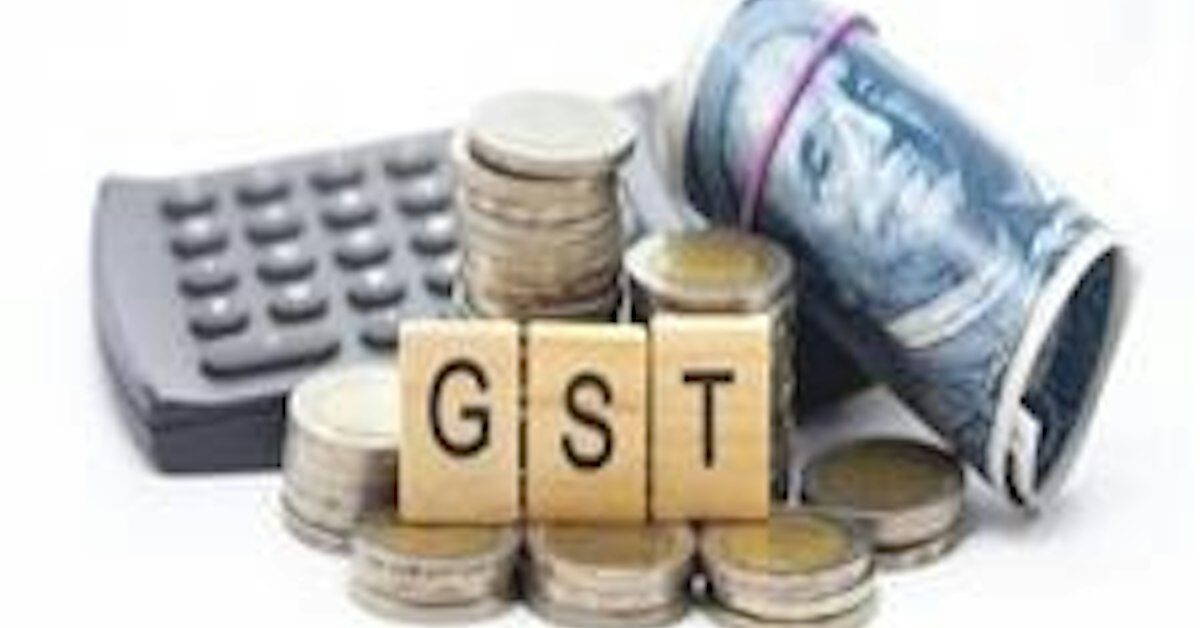Managing the financial intricacies of a multinational corporation (MNC) with subsidiaries in India can be a complex task. The introduction of the Goods and Services Tax (GST) in India has added a new layer of complexity to the already intricate Indian tax landscape. This article will explore the nuances of GST on Export Oriented Units (EOUs), including GST implications with respect to supply of goods to and from EOUs.
Understanding EOUs and GST
EOUs are specialized units established in Special Economic Zones (SEZs) or outside SEZs, with the primary objective of exporting goods and services. The Indian government offers various incentives and benefits to EOUs, including tax exemptions and simplified compliance procedures. GST, introduced in 2017, is a comprehensive indirect tax that subsumes various central and state taxes, including excise duty, service tax, and value-added tax (VAT). GST is levied on the supply of goods and services, with a few exceptions.
The Domestic Tariff Area (DTA) is the area in India where Export Oriented Units (EOUs) can sell a certain percentage of their production i.e. outside of Special Economic Zones (SEZs).
GST Implications on EOUs
The GST regime has significant implications for EOUs. Some of the key implications include:
- GST Registration: EOUs are required to register for GST, regardless of their turnover, as they are engaged in the export of goods and services.
- GST Rates: EOUs are eligible for a zero-rated GST supply for exports, meaning they do not need to pay GST on exports. However, they may need to pay GST on domestic supplies.
- Input Tax Credit (ITC): EOUs can claim ITC on inputs and input services used in the export of goods and services. However, they need to ensure that the inputs and input services are used exclusively for exports.
- GST Compliance: EOUs need to comply with GST regulations, including filing GST returns, maintaining GST records, and undergoing GST audits.
Supply of Goods to EOU
Under GST, suppliers of goods to EOUs are not exempt from paying GST. IGST, CGST, and SGST, as applicable, will be payable by the supplier. EOUs have two options to offset GST paid on goods received from suppliers:
- Option 1: Take input tax credit of GST paid and utilize it towards supplies made by EOU to DTA.
- Option 2: Claim a refund of GST paid. However, this option is only available when there are no sufficient DTA supplies against which input tax credit can be used.
Supply of Goods by EOU
Under the GST regime, exports of goods and services are treated as zero-rated supplies, meaning they are exempt from GST taxation and suppliers are entitled to claim input tax credit for goods or services utilized in exports.
Zero -rated supply means any of the following supplies of goods or services or both:
- Export of goods or services or both.
- Supply of goods or services or both to a Special Economic Zone developer or a Special Economic Zone unit.
To obtain a GST refund for exports, taxpayers have two options:
- Export under bond or Letter of Undertaking (LUT) and claim a refund, or
- Export on payment of Integrated Goods and Services Tax (IGST) and subsequently claim a refund.
Distinguishing Between Zero-Rated and Exempt Supplies
In the context of GST, it is essential to differentiate between zero-rated and exempt supplies. Exports and supplies to Special Economic Zones (SEZs) are categorized as zero-rated supplies. Conversely, exempt supplies refer to goods or services that attract a 0% GST rate or are wholly exempt from tax under the provisions of the Central Goods and Services Tax (CGST) Act or the Integrated Goods and Services Tax (IGST) Act
Key Characteristics of Exempt Supplies:
The following points highlight the key features of exempt supplies:
- GST is not applicable to outward exempt supplies.
- Input tax credit is not available for inputs and input services used in providing exempt supplies.
- Suppliers of exempt goods or services are required to issue a ‘bill of supply’ instead of a tax invoice.
When EOU units supply admissible goods to DTA units, they are required to pay applicable GST on such supply however they can offset GST using the input tax credit of GST paid to suppliers from non-EOU.
Supply from EOU to EOU
When goods are supplied by one EOU to another EOU, exports of goods and services are treated as zero-rated supplies, meaning they are exempt from GST taxation and suppliers are entitled to claim input tax credit for goods or services utilized in exports.
Tax Benefits for EOU under GST
After the implementation of GST, EOU units are treated as any other supplier under GST, and all provisions of GST law are applicable.
- EOU’s are exempted from GST when they sell goods or services outside India.
- Benefit available to EOU units is duty-free import, i.e., exemption from basic customs duty.
- Exemption from additional duties of customs and central excise duty is available for goods specified under the Fourth Schedule to the Central Excise Act.
How Outsourcing to Experts like Finsmart Accounting Can Support You
Managing GST compliance and refunds for your export-oriented business in India can be a complex and time-consuming task. At Finsmart Accounting, our team of experts provides comprehensive guidance on GST compliance, refund processing, and setting up export-oriented units (EOUs) in India. By partnering with us, you can ensure seamless GST compliance, optimize your EOU setup, and maximize your GST refunds. Our services include:
- Expert guidance on GST compliance and refund processing
- Support in setting up export-oriented units (EOUs) in India
- Ensuring compliance with all regulatory requirements for EOUs
- Maximizing GST refunds for your export-oriented business
- Providing ongoing support and maintenance to ensure continued compliance
To learn more about how Finsmart Accounting can support your export-oriented business in India, schedule a consultation with our team of experts today.
Book a consultation today: https://calendly.com/finsmart_accounting/30min

Founder & Director
Shalaka Joshi, a Chartered Accountant passionate about outsourcing and problem-solving, brings over 20 years of extensive experience in accounting, payroll, and MIS reporting to her professional endeavors










